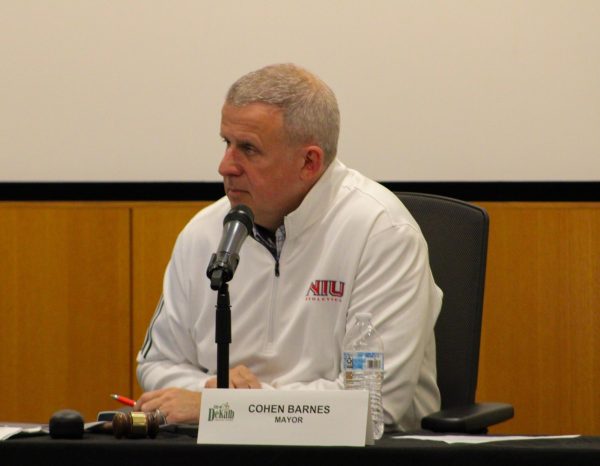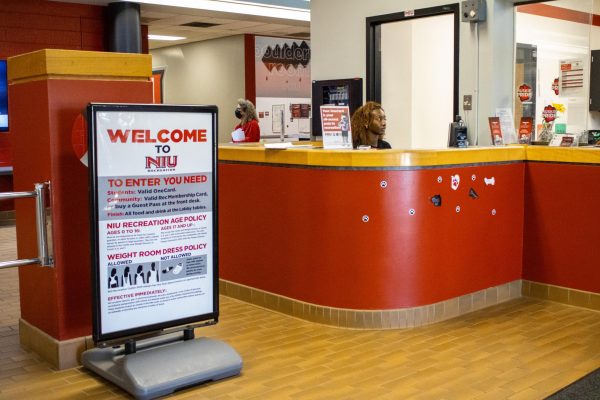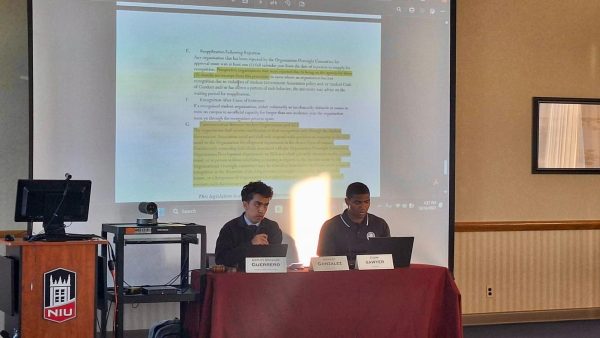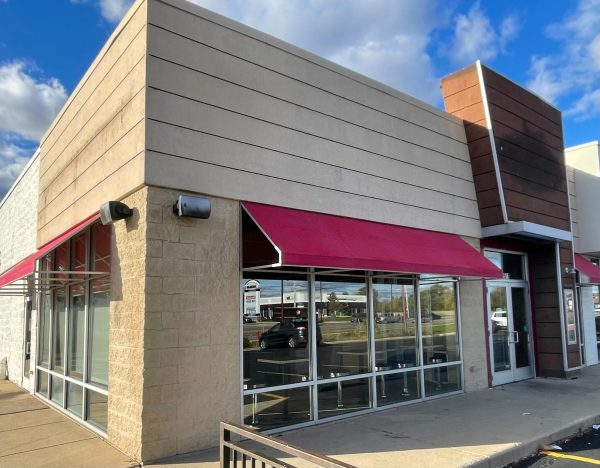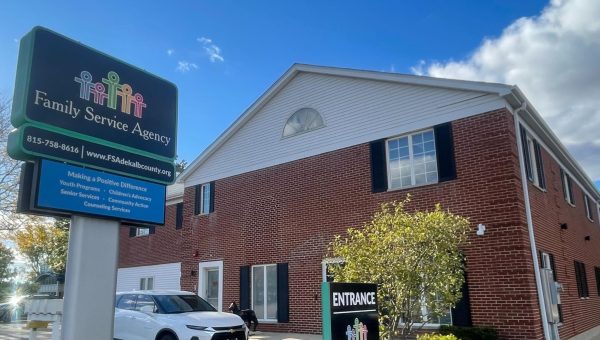Biden pardons simple marijuana possession charges: A breakdown
DeKALB — On Oct. 6, President Joe Biden announced a presidential proclamation that pardons federal convictions for simple marijuana possession. According to the White House, Biden’s pardon will affect approximately 6,500 people, but is that enough?
The pardon will affect those who were federally convicted of marijuana possession. That includes those in Washington D.C. but not anyone convicted at the state or local level. The pardon also doesn’t apply to those who are not U.S. citizens.
Assistant professor of law Evan Bernick sees the pardon as a small step in the right direction.
“This is not a pardon of everyone who has been convicted of a marijuana offense,” Bernick said. “It is a pardon for simple possession. The amount of people who have been convicted of simple possession and are incarcerated at the federal level because of simple possession is vanishingly small.”
Along with the pardons, Biden wants to review how marijuana is classified under federal drug laws.
“Biden has called upon the Department of Justice and the Department of Health and Human Services to consider the possibility of declassifying marijuana as a Schedule I substance,” Bernick said.
Marijuana is currently classified as a Schedule I substance. This means under federal law marijuana is classified at the same level as LSD and heroin, and is treated more seriously than fentanyl.
Biden has also urged state governors to pardon those convicted at the state level.
“Just as no one should be in a federal prison solely due to the possession of marijuana, no one should be in a local jail or state prison for that reason, either,” Biden said in a statement.
Sadie Gross, a first-year hospitality management major, hopes to see states follow Biden’s lead.
“I hope it will affect how states see it,” Gross said. “But maybe not.”
During Biden’s time as a senator, he had a hard-on-drug and crime policy, making this recent decision seem to contradict his usual views.
“Particularly when you consider who Biden is; we are talking about one of the most enthusiastic drug warriors that has served in the U.S. Senate,” Bernick said. “The fact that he is even considering this, let alone committing to it before a midterm, speaks to the efficacy and advocacy by decriminalization advocates and the fact that it is having an impact on somebody who if left to his own devices would not be inclined in this direction.”
What students have to say
First-year business major Nico Ibarra thinks Biden may have made this policy switch because of the upcoming midterm election.
“You could say that over the years he’s changed the way he thinks, and I’m not saying that’s impossible but I feel like a politician rarely goes 180 on what they stand for,” Ibarra said. “I think it’s more to do with the election coming up. It may not be 100% what they (politicians) agree with, but sometimes what they agree with is overshadowed with what the people want.”
Bernick is happy with the recent pardons and what they will do to those affected but doesn’t think this is enough to solve a nationwide problem.
“Marijuana convictions carry all sorts of collateral consequences beyond the initial sentence that you receive,” Bernick said. “It can impeach your ability to reenter civic life after your conviction, from being denied public housing, to being unable to enter certain professions. This is significant and will change the lives of thousands, but I emphasize only thousands.”


